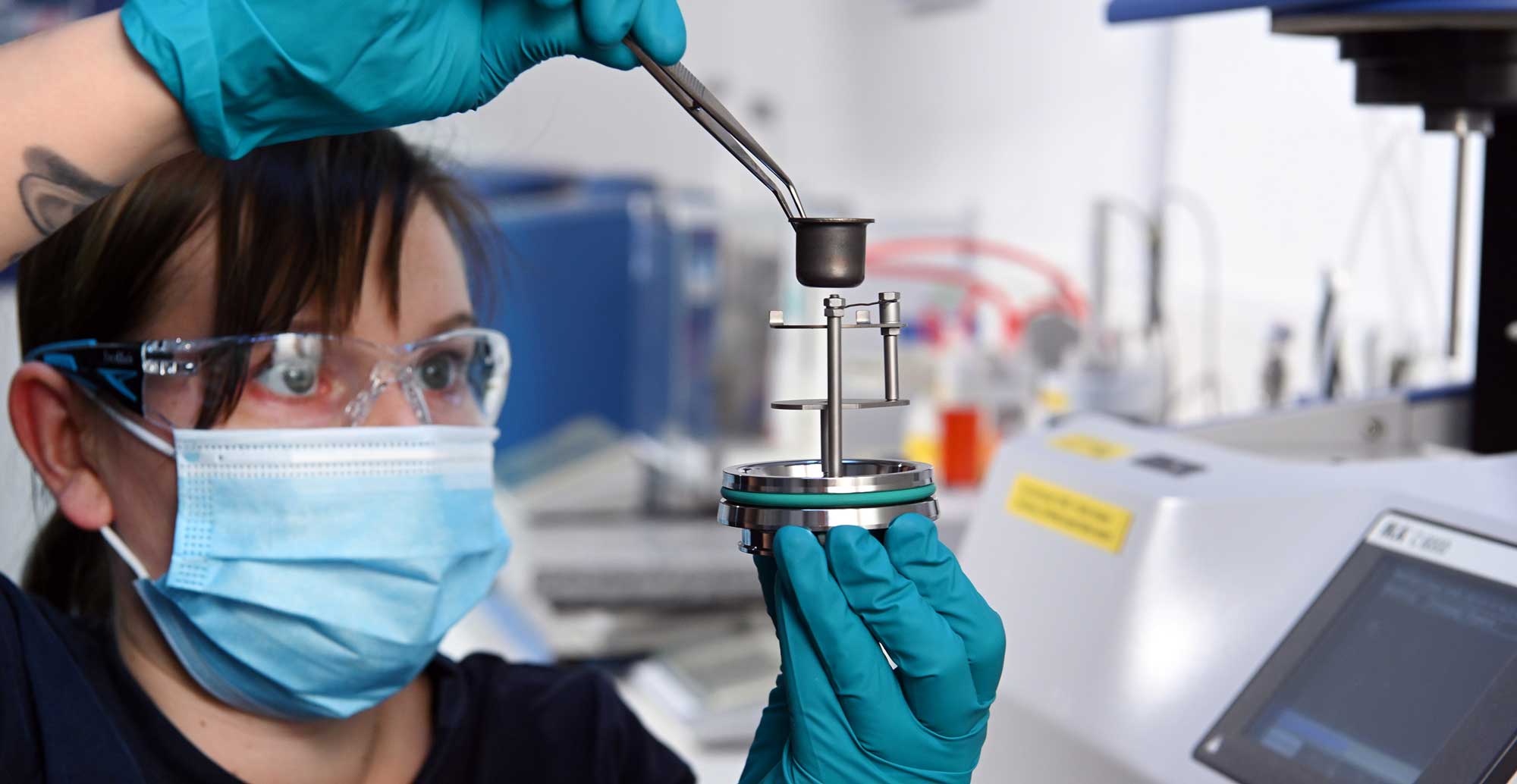Click Here to View This Page on Production Frontend
Click Here to Export Node Content
Click Here to View Printer-Friendly Version (Raw Backend)
Note: front-end display has links to styled print versions.
Content Node ID: 403718
Can you really turn rubbish into jet fuel? Can potato skins power a plane? Here’s everything you need to know about Sustainable Aviation Fuels, and why they’re one of the ways the aviation industry is working to decarbonise flight.Sustainable Aviation Fuels are not derived from fossil-based oil or gas, and therefore have a lower carbon impact across their lifecycle. Instead, they are made by refining organic or waste substances, or created synthetically, which means they are made from captured carbon dioxide and renewable or zero carbon electricity.
Currently regulations state that sustainable fuels can be used when they are blended with traditional jet fuel (kerosene), up to a maximum of 50%.
Hundreds of thousands of flights have already taken off fuelled by Sustainable Aviation Fuels, and we think they could cut carbon emissions by around 80%, compared to conventional fossil-based jet fuels. Alternative fuels will play an important role in ensuring we can keep enjoying the benefits of aviation, while achieving a net zero carbon future.
Sustainable Aviation Fuel can be made from many source materials, from cooking oil, to household waste and algae. They can also be produced synthetically.
We believe that SAFs need to satisfy three criteria to be viable: They need to be suitable, meeting aviation fuel specifications, scalable, with the potential to produce in large quantities, and sustainable, not competing with land use.
Along with animal fats, used cooking oils are the most common materials used to create SAFs. Waste oil from vegetable oil production plants can be used, as well as inedible oils which are created as a by-product of ethanol.
Synthetic fuels are produced by capturing CO2, such as directly from the air or from industrial processes, and generating the fuel using electricity. They are in the very early stages of testing, but if they can be commercialised and made using renewable energy, such as small modular nuclear reactors, they are a promising source of energy for the aviation industry. We’re exploring whether a small modular nuclear reactor could be used to power a synthetic fuel plant producing fuels that meet the specifications of an aviation fuel (something we call a ‘drop-in’ fuel) to decarbonise flight.
We’re also involved in a power-to-x research project at the Brandenburg University of Technology Cottbus-Senftenberg, Germany, which includes building a demonstration plant to produce synthetic fuels using electric power generated in photovoltaic and wind power plants. With such green fuels, we will be able to provide propulsion and power generation on a CO2 neutral basis. The plant will test the use of sustainable fuels for mobility on land, water and the air. It will look at the generation of heat and power, and what the carbon footprint of the process looks like.
Fuels can be made from municipal or household waste that would otherwise end up in landfill. Using rubbish has added benefits; landfill waste can be a source of methane emissions which have a warming effect far greater than CO2, so by not burying rubbish, we avoid extra emissions. 
Plant or animal materials such as wood, wheat or algae can also be used. When using crops, broader sustainability impacts must be taken into account, such as not competing with the food supply, limiting the use of fresh water, and no deforestation.
There are lots of options, so, what’s stopping us? Two things. SAFs are more expensive than conventional jet fuels; this is partially because they are relatively new, and partially because of the processes involved in making them.
Secondly, SAFs are currently relatively scarce. However, there are many new production facilities being built and planned around the world. The aviation industry is unified in its efforts to encourage greater production and use of sustainable aviation fuels, for example by placing ‘forward purchase’ agreements, which helps energy suppliers finance new plants.
Currently, SAFs make up just 0.01% of global jet fuel use. But with the right policy support, this could reach a tipping point for the aviation industry, and in future make a real impact in decarbonising aviation.
Most of our aircraft engines, such as the Pearl and BR700 engine families, the Trent XWB or the Trent 7000, can already operate using blended Sustainable Aviation Fuels. But we don’t stop there. Just recently we conducted the first tests of 100% Sustainable Aviation Fuel (SAF) in our latest business aviation engine in development, the Pearl 700. This happened just weeks after unblended SAF was successfully used for the first time in engine ground tests on a Trent 1000 engine in Derby, UK.
We strongly believe that no single country or company can solve this challenge, we must work globally and together.
We all have a role to play in driving investment in this technology and making it commercially viable. This need to work with the public sector and collaborate with the oil and gas industry to drive wider availability of sustainable fuels.